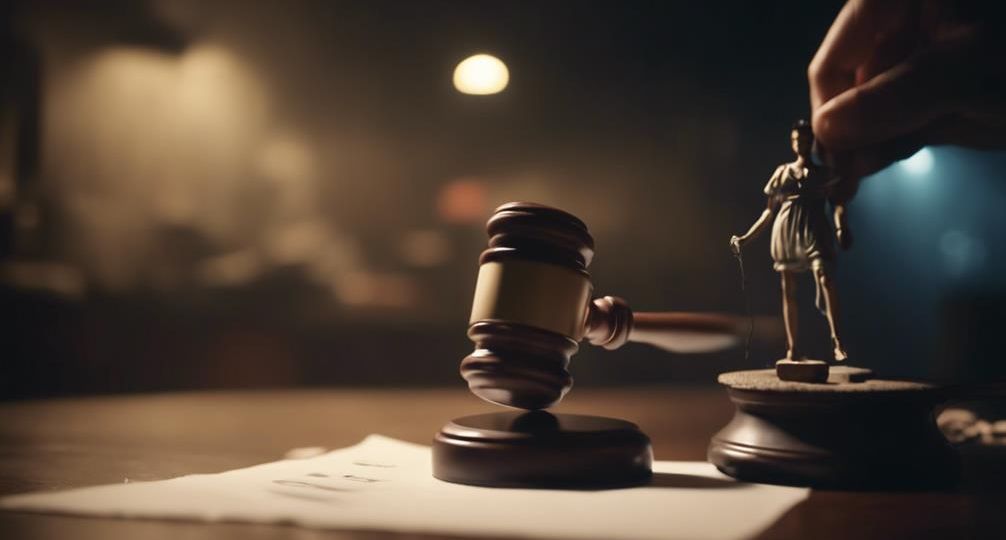
Is it illegal to download YouTube videos for self use?
‘As the old saying goes, ‘ignorance of the law is no excuse.’
So you’re wondering if it’s illegal to download YouTube videos for your personal use.
You might think it’s a harmless action, but have you considered copyright laws, YouTube’s Terms of Service, or even potential legal consequences?
Let’s ponder these aspects together and you might find a surprising answer.’
Key Takeaways
- Unauthorized downloading of YouTube videos violates YouTube’s Terms of Service and potentially copyright laws.
- Personal use of downloaded videos poses lower legal risks, but still requires respect for original creators’ rights.
- Commercial use of downloaded videos often infringes copyright laws, leading to higher legal consequences.
- Legal video streaming platforms and offline viewing modes provide ethical and legal alternatives for content consumption.
Understanding YouTube’s Terms of Service
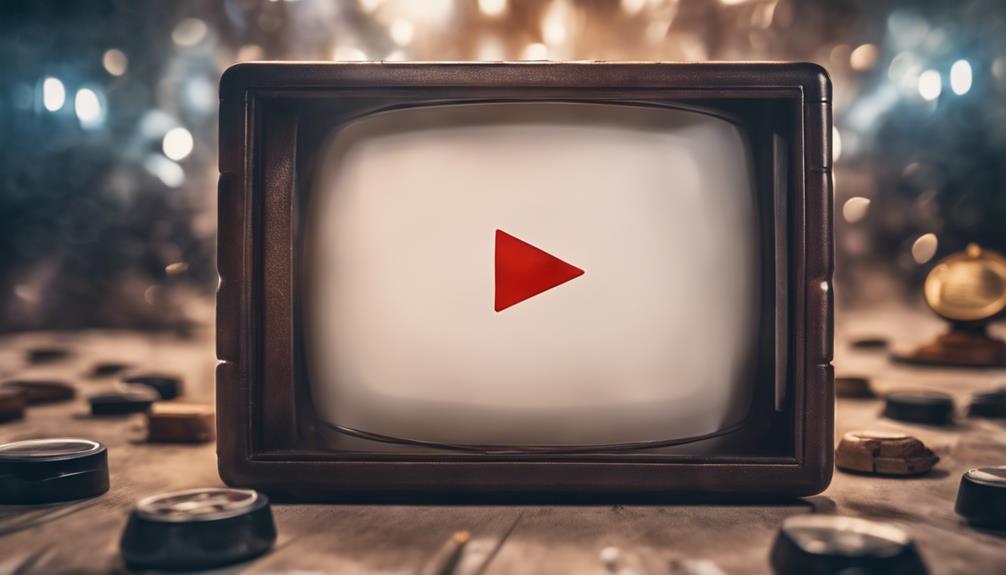
To fully comprehend the legality of downloading YouTube videos for personal use, it’s crucial to delve into YouTube’s Terms of Service. This process, often termed as ‘Service Agreement Interpretation’, involves a thorough inspection of the clauses and provisions explicitly stated in the document.
Now, you may wonder, why is this important? Well, understanding the terms of service is the key to User Rights Understanding. It’s pivotal in establishing the permissible actions on the platform, and equally, the actions that infringe upon these terms.
The terms of service, in its current form, clearly state that users can’t download content unless a download or similar link is visibly provided by YouTube. This provision implies that using third-party tools or software to download videos is a violation of the agreement. Therefore, despite the appeal of offline video accessibility, such activities are prohibited under the current service agreement.
While this may seem limiting, it’s crucial to remember that these terms are set to safeguard digital content and its creators. By respecting these terms, you not only abide by the law but also contribute to a more innovative and respectful digital landscape.
Copyright Laws and Digital Content
In the realm of digital content, copyright laws play a crucial role, especially when it comes to platforms like YouTube. These laws protect the rights of content creators, ensuring their work isn’t misused or distributed without their consent. They balance the rights of creators with the public’s interest in accessing and using content.
Let’s delve into two key areas that influence how you can use downloaded YouTube videos:
- Fair Use Doctrine: This law allows you to use copyrighted material in certain circumstances, such as for commentary, criticism, or educational purposes. However, it’s a complex area of law that doesn’t give a green light for all personal uses.
- Digital Rights Management (DRM): This technology protects digital content from unauthorized use. YouTube, as well as other digital content providers, uses DRM to control how their content is used and distributed.
Understanding these laws and technologies is critical for navigating the digital world responsibly and legally. So, while you’re inclined to download and use YouTube videos for personal use, it’s essential to understand the legal landscape. It’s not just about adhering to YouTube’s terms, but also respecting copyright laws and the rights of content creators.
Potential Legal Consequences
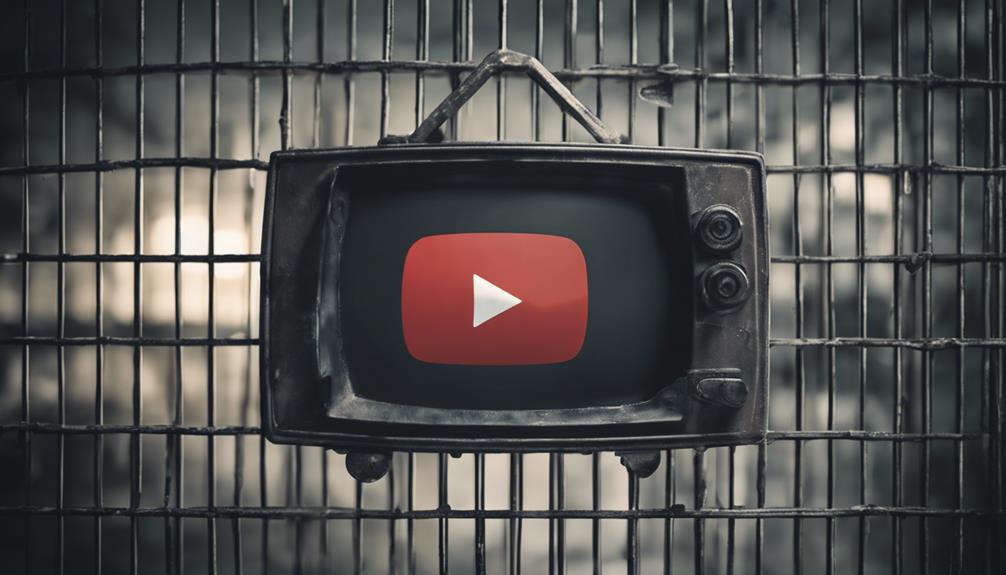
Now that you’ve got a grasp on copyright laws and digital rights, let’s consider the potential legal consequences of downloading YouTube videos for personal use. YouTube’s terms of service are explicit – downloading content without permission can lead to serious repercussions. You’re potentially infringing on the rights of the content creator, and YouTube may take action to protect its platform and creators.
Beyond YouTube’s rules, the Digital Rights Management (DRM) laws exist to protect digital content from unauthorized usage. Violating these laws can lead to hefty fines and legal action. The Fair Use Doctrine, which allows limited use of copyrighted materials without permission, is often misunderstood. It’s not a free pass to use anything you’d like. The doctrine demands a careful analysis of the purpose, nature, amount, and effect of the use.
Innovation doesn’t equate to bypassing these laws. The balance is delicate – respecting creators’ rights while fostering creativity and learning. It’s essential to understand the potential legal consequences before venturing into the grey area of downloading YouTube content for personal use. Ignorance of the law excuses no one.
Cases of YouTube Downloading Litigation
Let’s now turn your attention to specific instances of YouTube downloading litigation.
You’ll find it interesting to analyze the legal repercussions faced by individuals or entities in these cases.
Notable lawsuit examples will be highlighted to provide a clearer understanding of the consequences at hand.
Legal Consequences Explored
Ever wondered what might happen if you’re caught downloading videos from YouTube? Well, the legal consequences aren’t to be taken lightly. The Piracy Penalties can be severe depending on the nature of the offense. Here’s what you need to know:
- The Fair Use Doctrine may protect you if the video is used for criticism, comment, news reporting, teaching, scholarship, or research.
- Using downloaded content for commercial purposes, or sharing it on other platforms could lead to hefty fines.
- Repeated offenses may result in termination of your YouTube account or even jail time.
It’s crucial to tread carefully here. Innovation doesn’t mean bending the rules—it’s about finding new ways within the legal framework.
Notable Lawsuit Examples
In the past, numerous cases have emerged where individuals or entities faced litigation for downloading YouTube videos, offering significant insight into the potential legal repercussions. These cases often hinge on the Fair Use Doctrine, a legal principle that allows limited use of copyrighted material without permission.
In one notable case, a popular music-streaming platform was sued for enabling users to download and convert YouTube videos into mp3 files. This case highlighted the Digital Piracy Impact on creators’ rights and revenue. Despite the platform’s argument that they simply provided a tool and didn’t host copyright content, the court ruled against them, reinforcing the idea that downloading YouTube videos could indeed be illegal, even for self-use.
Alternatives to Downloading Videos
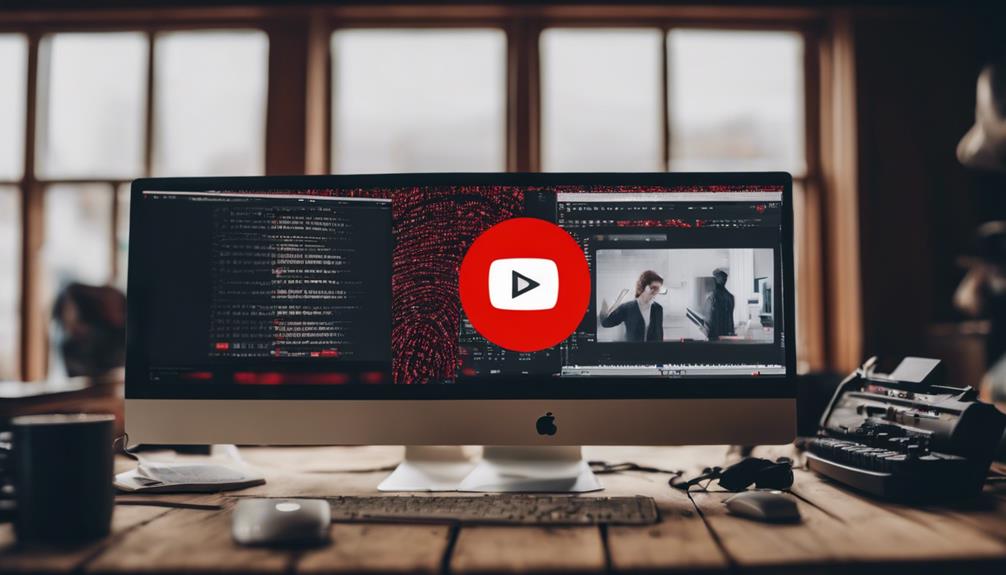
You may wonder if there are legal alternatives to downloading YouTube videos for personal use.
One option you could consider is using legal video streaming platforms, which often provide extensive libraries of content.
Another viable alternative is utilizing offline viewing modes, or purchasing content, both of which have their own distinct advantages.
Legal Video Streaming Platforms
Rather than risking potential legal issues by downloading YouTube videos for personal use, there’s an array of legal streaming platforms that offer a wide variety of content. These platforms are ethically sound and promote fair compensation for content creators.
- Netflix: Known for its impressive range of films and series, both original and licensed.
- Amazon Prime Video: Offers a vast collection of movies, TV shows, and their highly acclaimed original content.
- Disney+: The go-to platform for all Disney, Marvel, Star Wars, and National Geographic content.
Comparing these platforms, each offers unique advantages in terms of content, pricing, and user experience. It’s crucial to choose wisely to meet your streaming needs while respecting the ethics of content sharing.
Utilizing Offline Viewing Modes
Despite the temptation to download YouTube videos for personal use, it’s worth exploring the offline viewing modes offered by legal streaming platforms, as these provide a viable and legitimate alternative.
Offline accessibility is increasingly being offered by these platforms, allowing you to enjoy your favorite content without a constant internet connection. This can be a convenient solution for situations where you’re on a long flight or in an area with poor network coverage.
Moreover, it aligns with download ethics, eliminating the need for unauthorized downloads. By using these legal offline viewing modes, you’re not only respecting copyright laws but also fostering a fair ecosystem for content creators. Thus, it marks a win-win for all involved parties.
Pros of Purchased Content
Investing in legally purchased content presents several noteworthy benefits, especially when compared to illicitly downloading videos. The purchasing benefits go beyond just being on the right side of the law. You’re also investing in a product that guarantees a certain level of content quality.
Here are a few key advantages to consider:
- High Definition (HD) Quality: Purchased content often comes in superior resolutions, offering you a better viewing experience.
- Support for Creators: Your purchase contributes to the financial support of content creators, encouraging more innovative production.
- No Ads or Interruptions: Paid content often removes annoying ads, providing a seamless viewing pleasure.
Personal Use Vs. Commercial Use
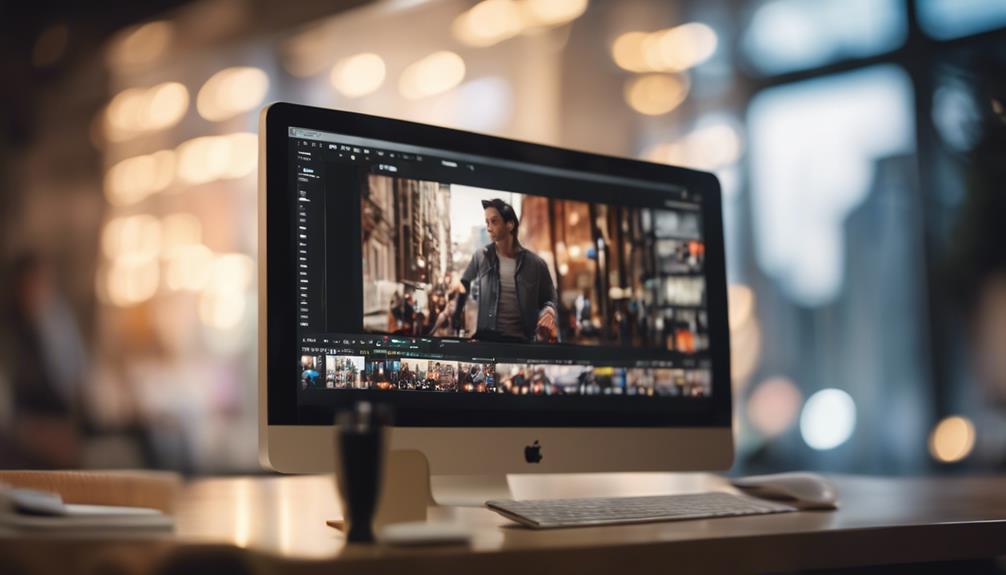
When it comes to downloading YouTube videos, there’s a significant difference between using them for personal enjoyment and utilizing them for commercial purposes. The Fair Use Doctrine emphasizes that personal use is typically deemed fair, whereas, commercial use often infringes on copyright laws.
User Privacy Concerns are another pivotal point. Personal use of downloaded content usually doesn’t invade privacy, but for commercial use, it’s a different story. You’re more likely to cross the line if you’re profiting from someone else’s content without permission.
Consider this table, which contrasts the implications of both uses:
| Personal Use | Commercial Use | |
|---|---|---|
| Fair Use Doctrine | Typically Fair | Often Infringes |
| User Privacy Concerns | Less Likely to Invade | More Likely to Invade |
| Legal Risks | Lower | Higher |
It’s clear that the laws lean towards protecting content creators on YouTube. So, while you may enjoy a video offline for personal use, stepping into the commercial realm requires more caution. Innovation, in this context, means finding ways to utilize content while respecting its original creators. The balance between consumption and creation is delicate, but necessary, in our digital age.

